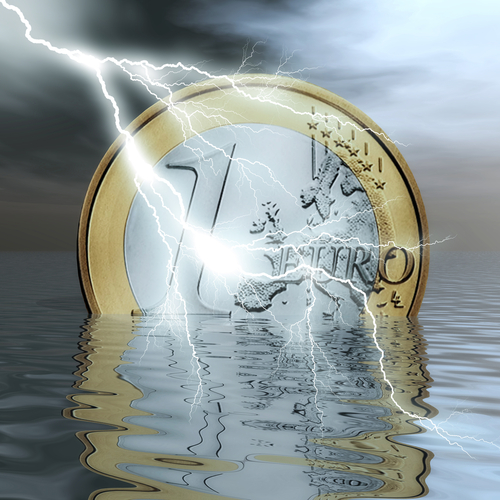
The Cologne Institute of German Business sees in the planned European deposit insurance is simply incapable of proving protection against a bank crash in Europe. The EU deposit guarantee is simply not practical under any concept of austerity. The Eurozone still has inherent significant risks in the balance sheets of European financial institutions. This is primarily because where the USA took the bad loans from the banks and stuffed them into Freddie and Fanny, in Europe, the bad loans are still on the books of the banks. Systemically, this has been the leading problem why Europe has been unable to recover and Quantitative Easing merely robber savers of their income and it failed completely to stimulate the economy. Banks were still reluctant to lend and people would not borrow if they did not have confidence in the future. Continue reading


